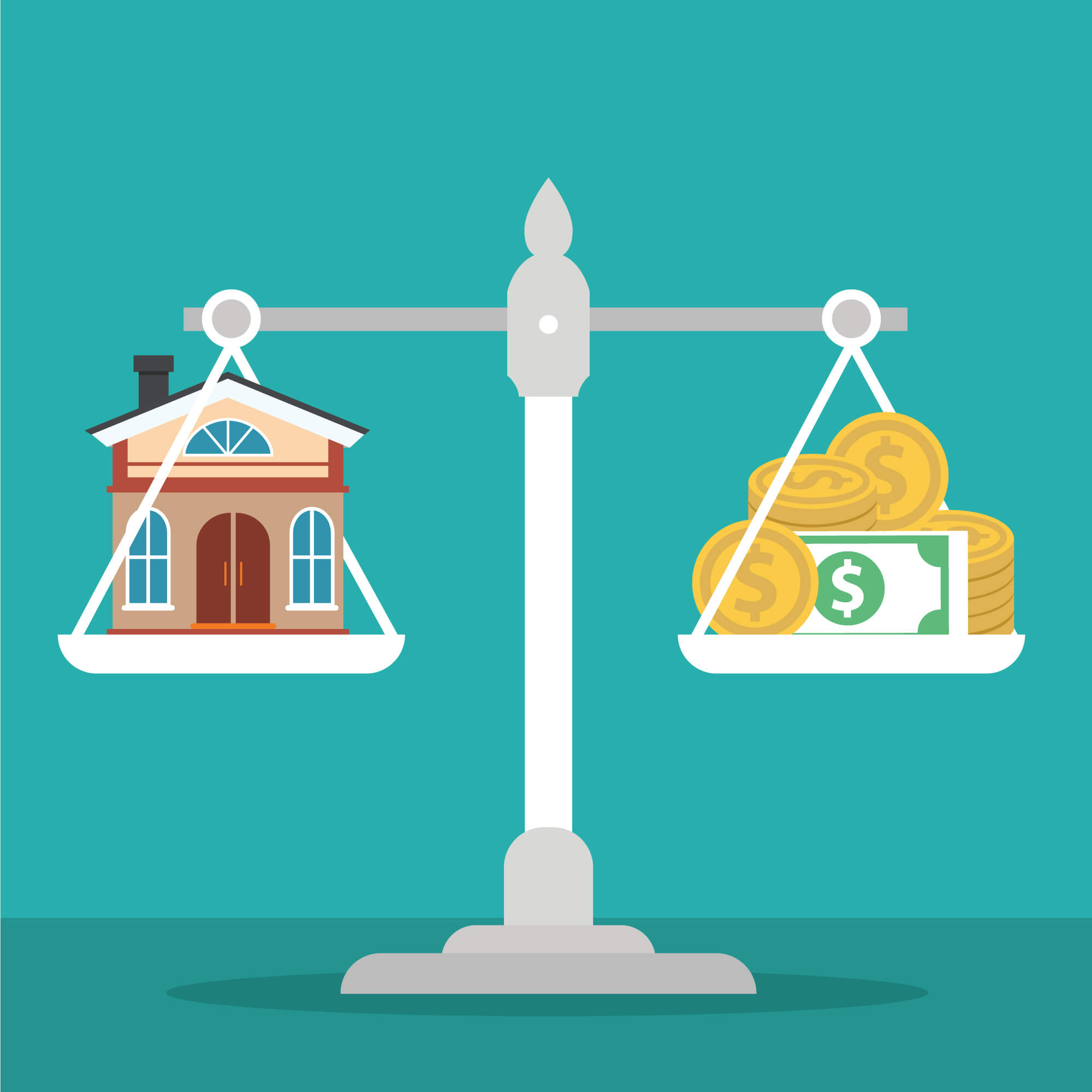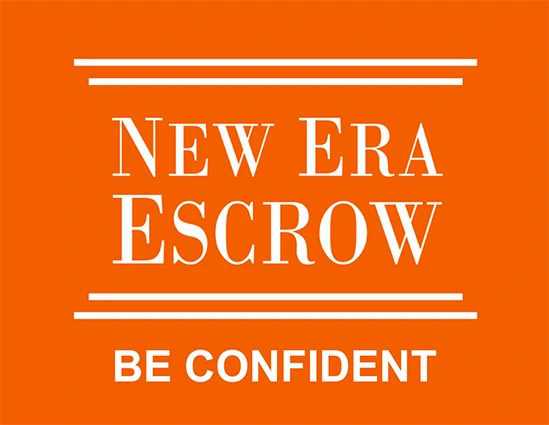
Table of Contents
ToggleWhat Is Escrow Balance? Here’s the Simple Answer
Understanding your finances can often feel like navigating a maze, especially regarding complex terms like escrow balance. Many homeowners find themselves asking, “What is escrow balance?” Let’s break it down in simple terms to make it easier to grasp.
What is Escrow Balance?
An escrow balance is a sum of money a third party holds for the primary parties in a transaction. The lender holds funds in an escrow account to pay for property-related expenses in real estate. These expenses typically include property taxes and homeowners insurance. So, when you ask, “What is escrow balance?” think of it as a safety net ensuring these critical expenses are covered.
How Does It Work?
Your lender might set up an escrow account when you take out a mortgage. A portion of your mortgage payment goes into this escrow account each month, ensuring enough money to cover property taxes and insurance premiums when they are due. Essentially, the answer to “What is escrow balance?” lies in understanding that it’s a way to manage and pay these significant expenses smoothly.
Why is Escrow Balance Important?
Understanding “What is escrow balance?” is crucial because it helps you track where your money is going. By maintaining an escrow balance, you avoid the stress of having to come up with large sums of money for taxes or insurance all at once. Instead, these payments are spread out over the year, making them more manageable.
How is Escrow Balance Calculated?
Your escrow balance is calculated based on your annual property taxes and insurance premiums. Your lender estimates these costs and divides them by 12 to determine how much must be added to your monthly escrow account. If you’re still wondering, “What is escrow balance?” Think of it as a way to budget for these yearly expenses.
To know more about financial decision-making and budgeting, check out the book “The Psychology of Money.” This book can help you master your financial habits and secure your future. Discover how to make smarter money decisions today!
What Happens if Your Escrow Balance Is Short?
Sometimes, your escrow balance is insufficient to cover the required payments. This can happen if your property taxes or insurance premiums increase. When this occurs, your lender will notify you of the shortage and give you options to make the difference. Understanding “What is escrow balance?” also means knowing how to handle these shortfalls when they arise.
For more tips on navigating these financial challenges, watch Munif Ali’s video “Secrets to Success: Avoiding Financial Pitfalls Unveiled.” Discover expert strategies to stay ahead and keep your finances on track!
What Happens if Your Escrow Balance is Surplus?
Sometimes, your escrow balance may end up with more money than needed. This surplus typically happens if your property taxes or insurance premiums decrease or your lender overestimates the needed amount. In such cases, the extra money might be refunded to you or applied to your future payments. So, when you ask, “What is escrow balance?” remember that it can sometimes work in your favor with unexpected savings.
Can You Avoid an Escrow Account?
Some homeowners may prefer not to have an escrow account and instead manage their property taxes and insurance payments independently. If you’re confident in your ability to budget for these expenses, you might opt out of an escrow account. However, understanding “What is escrow balance?” is still important because you must ensure the funds are available when these large bills are due.
To help you make wise spending decisions and achieve financial freedom, check out our video “Mastering Wise Spending Decisions: Your Financial Freedom Roadmap!” Learn how to effectively manage your money and stay prepared for all your financial obligations. Watch now and take control of your financial future!
In summary, when you ask, “What is escrow balance?” you’re inquiring about a crucial component of managing your property-related expenses. By holding and managing funds to pay for taxes and insurance, your escrow balance helps ensure these important bills are covered on time. This can provide peace of mind and make your financial planning more manageable. Whether you have an escrow account or not, understanding this concept is key to maintaining a healthy financial life.
Disclosure: This article contains affiliate links. Clicking on these links and buying these products may result in us receiving a commission at no additional cost.
Key Takeaways
- Understanding “What is escrow balance?” is essential for homeowners. An escrow balance is a sum of money held by a third party, usually your lender, to cover property-related expenses such as property taxes and homeowners insurance.
- When you ask, “What is escrow balance?” think of it as a safety net. This balance ensures that significant expenses like taxes and insurance are paid on time, avoiding the stress of having to pay large sums all at once.
- To determine “What is escrow balance?” your lender calculates your annual property taxes and insurance premiums, then divides these costs by 12. This amount is added to your monthly mortgage payment, helping you budget for these expenses smoothly.
- Understanding “What is escrow balance?” also involves knowing how to handle shortfalls or surpluses. If your escrow balance is short, your lender will notify you to make up the difference. Conversely, if there’s a surplus, it may be refunded or applied to future payments.
- Some homeowners opt to manage their property taxes and insurance payments independently. Even if you choose this route, knowing “What is escrow balance?” is crucial to ensure you have funds available when these large bills are due, maintaining your financial health.
References:
Chen, J. What does escrow (in escrow) mean, and how does it work?. Investopedia. https://www.investopedia.com/terms/i/in-escrow.asp
Share this article in :
